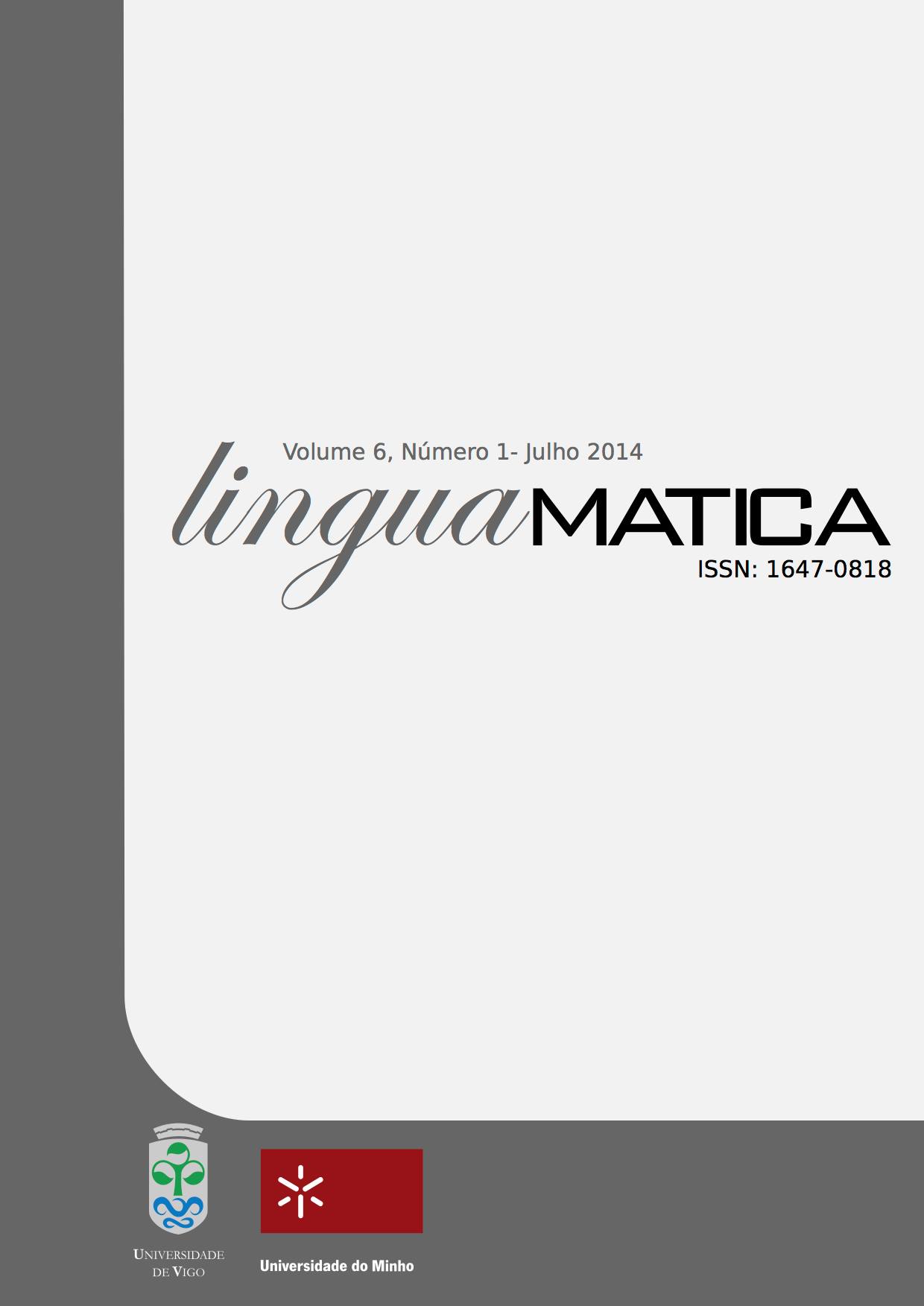Making Predictions with Textual Contents in Portuguese
Keywords:
Text-Driven Forecasting, Learning Regression Models, Word Clustering, Feature Engineering for NLP
Abstract
Forecasting real-world quantities, from information on textual descriptions, has recently attracted significant interest as a research problem, although previous studies have focused on applications involving only the English language. This paper presents an experimental study on the subject of making predictions with textual contents in Portuguese, using documents from three distinct domains. We specifically report on experiments using different types of regression models, using state-of-the-art feature weighting schemes, and using features derived from cluster-based word representation. Our experiments show that regression models using the textual information achieve better results than simple baselines such as the average value in the training data, and that richer document representations (i.e., using Brown clusters and the Delta-BM25 feature weighting scheme) results in slight performance improvements.
Published
2014-07-31
How to Cite
Mascarenhas de Brito, I. G., & Martins, B. (2014). Making Predictions with Textual Contents in Portuguese. Linguamática, 6(1), 53-68. Retrieved from https://linguamatica.com/index.php/linguamatica/article/view/v6n1-04
Issue
Section
Research Articles
Authors who publish with this journal agree to the following terms:
- Authors retain copyright and grant the journal right of first publication with the work simultaneously licensed under a Creative Commons Attribution License that allows others to share the work with an acknowledgement of the work's authorship and initial publication in this journal.
- Authors are able to enter into separate, additional contractual arrangements for the non-exclusive distribution of the journal's published version of the work (e.g., post it to an institutional repository or publish it in a book), with an acknowledgement of its initial publication in this journal.
- Authors are permitted and encouraged to post their work online (e.g., in institutional repositories or on their website) prior to and during the submission process, as it can lead to productive exchanges, as well as earlier and greater citation of published work (See The Effect of Open Access).













